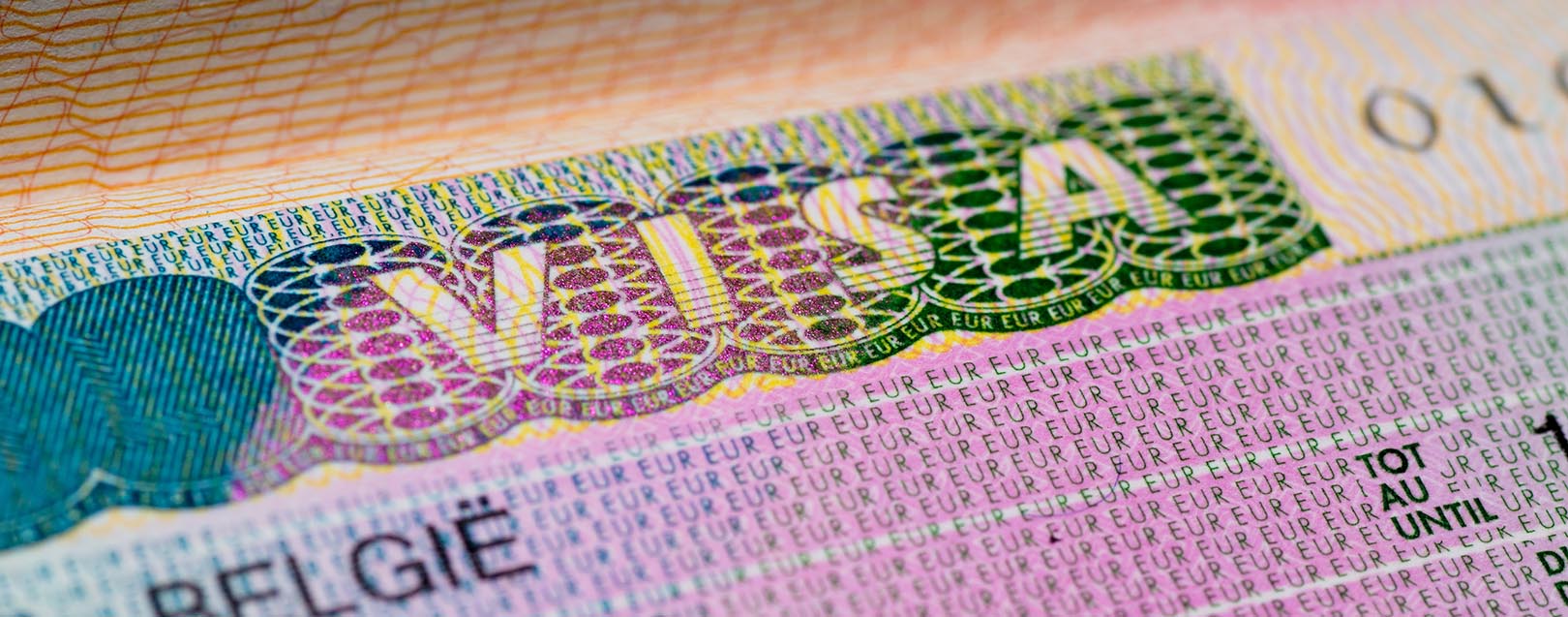
Govt to ease visa regime to boost service exports
The Dollar Business Bureau
The Indian government is working to considerably ease its visa rules, by allowing multiple-entry business and tourist visas, in an effort to boost the country’s services exports. The PMO (prime minister’s office) organised a meeting on Tuesday, with secretaries from the ministries of commerce, external affairs and home to discuss the matter. If the given regime is implemented, it will lead to further liberalising of e-tourist visa rules for 150 countries that were rolled out in November 2014 by the government. It is expected that other visas like medical travel visas, short-term business visas, and visas for least developed nations are also to be eased.
Nirmala Sitharaman, Minister for Commerce and Industry said that visa restrictions are affecting India’s business and trade. These are the hurdles that the government wants to ease. But there are security limitations with countries that the Govt wants to be careful with.
The liberalisation of visa regime is a part of India’s efforts to increase its exports of services. As services contribute around 57 percent of the country’s $2 trillion economy, its net exports of services stood at just $73 billion in fiscal 2013-14, of which software alone contributed $69 billion. In the global services trade segment, India has a share of 3.4 percent, while China commands 4.6 percent of the share.
The Commerce Minister said that at an informal meeting of 30 WTO trade ministers on 2nd June, on the side-lines of OECD (Organisation for Economic Co-operation and Development) meeting in Paris (France), Roberto Azevedo, WTO Director General, agreed to go ahead with the proposal of India having a trade facilitation agreement in services. This agreement was the same as the one signed at the WTO ministerial for goods in Bali.
India considers that setting international standards on trade in services under the WTO will support in making visa regimes in developed nations clearer and less restricting for its skilled professionals. The country is also pushing for more access to world services market through the ongoing discussions for the Regional Comprehensive Economic Partnership (RCEP) agreement. It is also working on building an institutional framework for gathering data on trade in services.

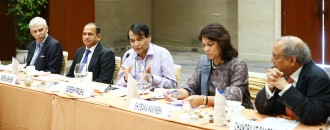
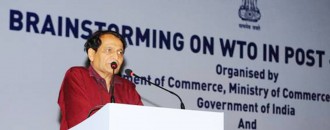
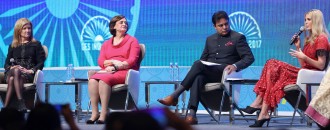
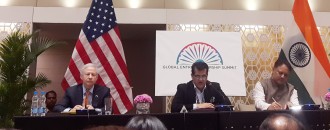

 to success.
to success.